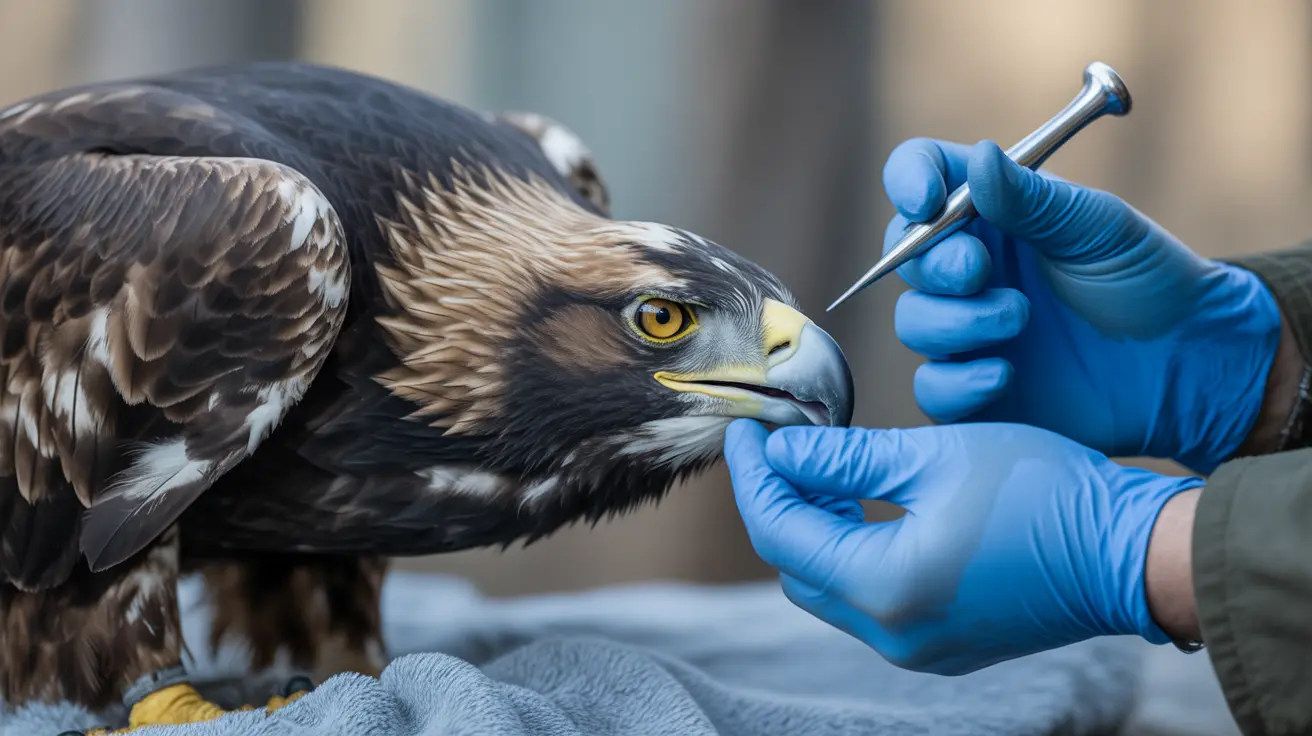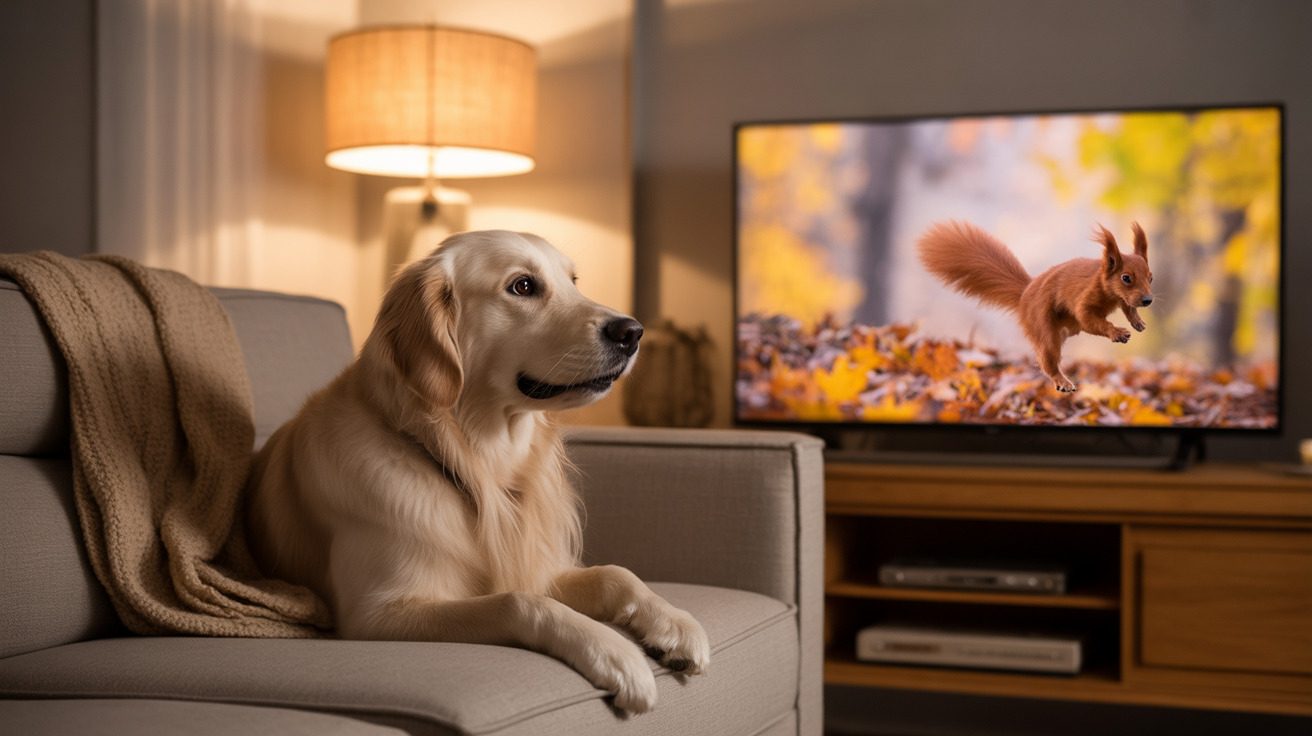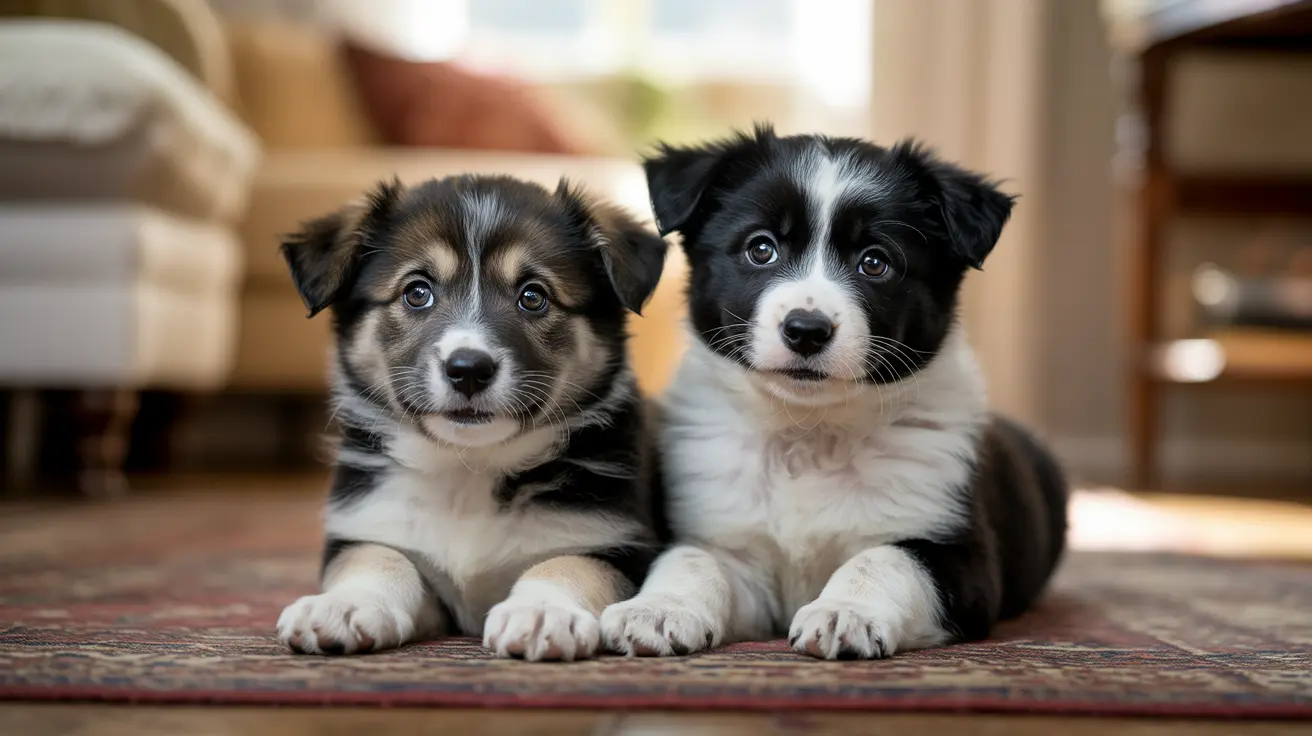Can Dogs Safely Eat Human Peanut Butter?
Peanut butter is a popular treat among humans, and many dog owners love to share it with their furry companions. But the question remains: Can dogs eat human peanut butter? The short answer is yes, but with some critical caveats. This article explores the dos and don’ts of feeding peanut butter to dogs, including safety concerns, health benefits, and recommended practices.
Why Dogs Love Peanut Butter
Most dogs enjoy the taste and texture of peanut butter. It can serve as both a tasty treat and a tool for delivering medication. Many pet owners use it to fill toys like KONGs, which keeps their dogs mentally stimulated.
Is Peanut Butter Safe for Dogs?
Generally, unsweetened, unsalted peanut butter without xylitol is safe for dogs. Xylitol, a sugar substitute increasingly used in human peanut butter brands, is highly toxic to dogs and can lead to severe health issues or even death.
- Xylitol toxicity can cause a rapid insulin release, leading to hypoglycemia (low blood sugar), seizures, liver failure, and in severe cases, death.
- Always check the ingredients list for xylitol or other harmful additives before offering peanut butter to your dog.
Health Benefits of Peanut Butter for Dogs
When given in moderation and from a safe source, peanut butter can offer several benefits:
- Protein and healthy fats that support muscle health and energy.
- Vitamins B and E, which contribute to a healthy coat and skin.
- It can be used as a training treat or pill hider to make medication easier to administer.
How Much Peanut Butter is Safe for Dogs?
Like all treats, peanut butter should be fed in moderation. Treats should not exceed 10% of your dog's daily caloric intake. Overfeeding peanut butter can lead to obesity and pancreatitis, especially in small or sedentary dogs.
- For small dogs: ½ teaspoon per day is sufficient.
- For medium to large dogs: 1 to 2 teaspoons per day is acceptable.
Choosing the Right Peanut Butter
To ensure safety, always choose a peanut butter that meets the following criteria:
- Does not contain xylitol or artificial sweeteners.
- Low in added salt and sugar.
- Organic or natural peanut butter is the best option.
Signs of Allergic Reactions in Dogs
Although rare, some dogs may experience an allergic reaction to peanuts. Signs include:
- Itching, swelling, or hives.
- Stomach upset, vomiting, or diarrhea.
- Difficulty breathing in severe cases.
If your dog shows any of these symptoms after eating peanut butter, consult your veterinarian immediately.
Homemade Peanut Butter for Dogs
For added safety, consider making homemade peanut butter for your dog. Simply blend unsalted, roasted peanuts without additives until smooth. Avoid adding sugar, honey, salt, or any oil to the mix.
Creative Ways to Serve Peanut Butter
- Fill a KONG toy with peanut butter and freeze it for a long-lasting treat.
- Use it to hide pills and make medications more palatable.
- Mix into homemade dog biscuits as a flavorful ingredient.
Conclusion
Peanut butter can be a healthy and rewarding treat for dogs when chosen and served carefully. The key is selecting a product free of xylitol and offering it in moderation. By paying attention to ingredients and portion size, you can safely share this beloved snack with your canine companion without compromising their health.





